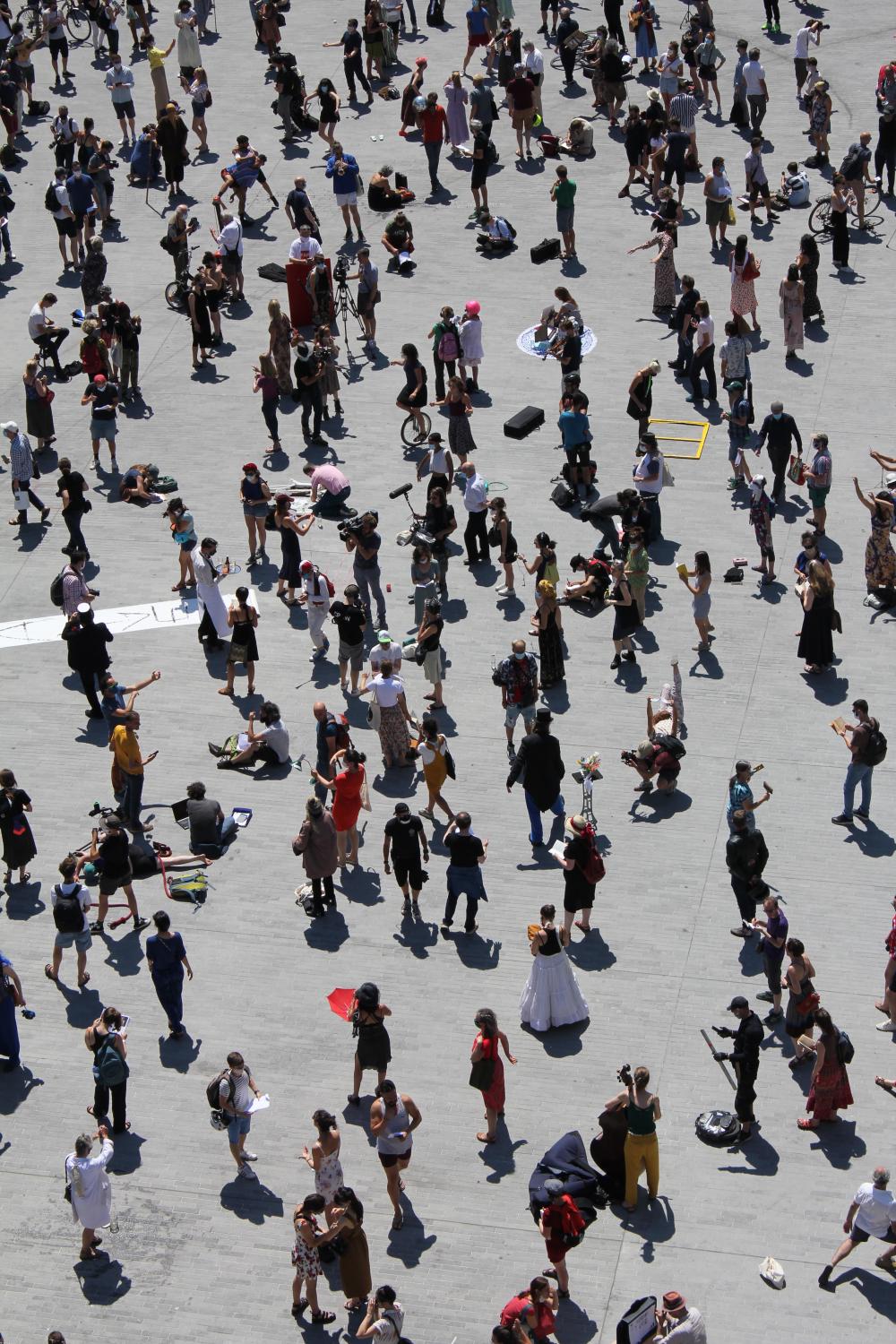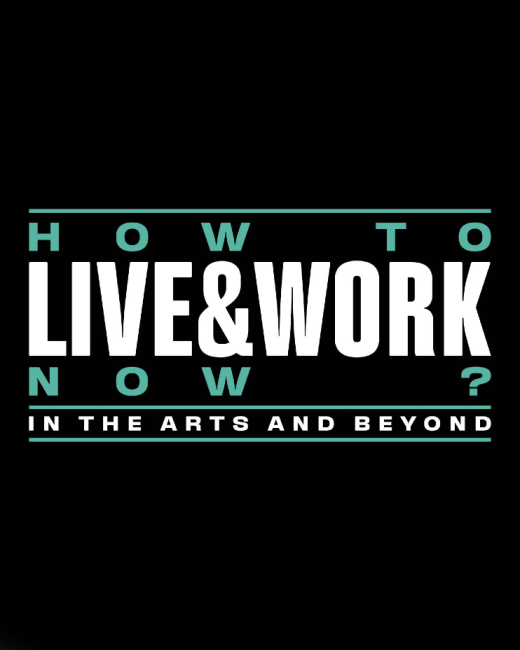Working group: voorstel tot hervorming van de sociale zekerheid voor kunstenaars
ihkv How to Live & Work Now?
How to develop better ways of working in the performing arts sector today – and in the future? As part of How to Live and Work Now?, we are inviting six artists, collectives and researchers to set up self-organized collective working groups. Read the research of State Of The Arts.
The corona crisis has painfully demonstrated that a great many artists in Belgium could not fall back on the protection of social security. Many artists from dance, film, graphics, literature, music, performance, theatre, visual arts, etc. are not or insufficiently protected by the existing statutes of social security and fall between the cracks of the social security system. The new federal government has therefore proposed a reform in order to make the social security for artists more sustainable. This reform is included in the overall (government) coalition agreement. The “momentum” seems now, so it is important to discuss what we, artists and art workers, want from this reform…
In recent months, the reflection group about social security and the so-called ‘artist status’ within the platform State of the Arts (SOTA), has started drafting the foundations of an elaborated discussion note. The note is more than a checklist of demands. Starting from the concrete problems and experiences of their practices, it also aims to formulate policy suggestions, with the support of legal experts.
What is work? How do we calculate wages? Who is entitled to social security protection? What are the mechanisms of mutuality? Asking these questions connects our discussions with similar, urgent questions in society at large. Artists’ and art workers problems are related to those of other precarious workers with temporary, irregular and hybrid activities. It is clear that there is a need for better social security protection for all precarious workers, taking into account the specificities of these other practices and professions. This wider concern, however, does not exclude that in the short term we still should try to improve the social protection of artists and art workers.
Artists and art workers are not seeking special privileges, but formal acknowledgement of their activities as irregular, hybrid and atypical forms of work. The current existing ‘artist statute’ should be considered as specific rules that were designed to eliminate discrimination against artists or art workers. Like other workers, they just want the same opportunities to build up social rights.
The current reform of social security for artists and art workers cannot be seen separated from other aspects that affect their socio-economic situation. There is a need for an integrative approach. We need to encourage inter-ministerial collaboration on the issue of social protection. With this in mind, we chose to address different involved ministries as the way of organizing the discussion note.
In the last two months within the trajectory of How to Live & Work Now, the reflection group already added many new elements to the note by exchanging thoughts and concerns with both Dutch- and French-speaking organisations or groups, and by discussing it with different researchers and legal experts.
The social security reflection group within the State of the Arts platform currently consists of: Ronny Heiremans, Wouter Hillaert, Philippine Hoegen, Mathilde Maillard, Kobe Matthys, Katrien Reist, Els Silverants-Barclay, Katleen Vermeir, and will be expanded to include other voices and areas of expertise over the coming months.

